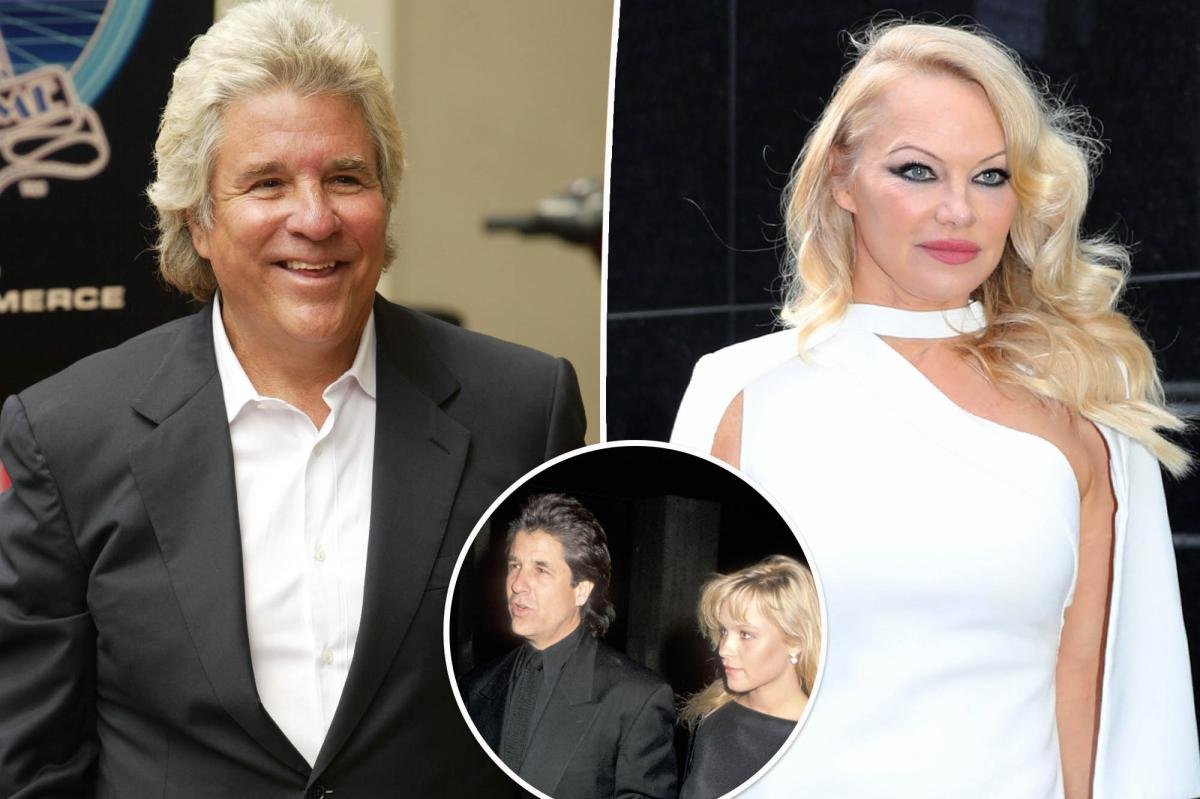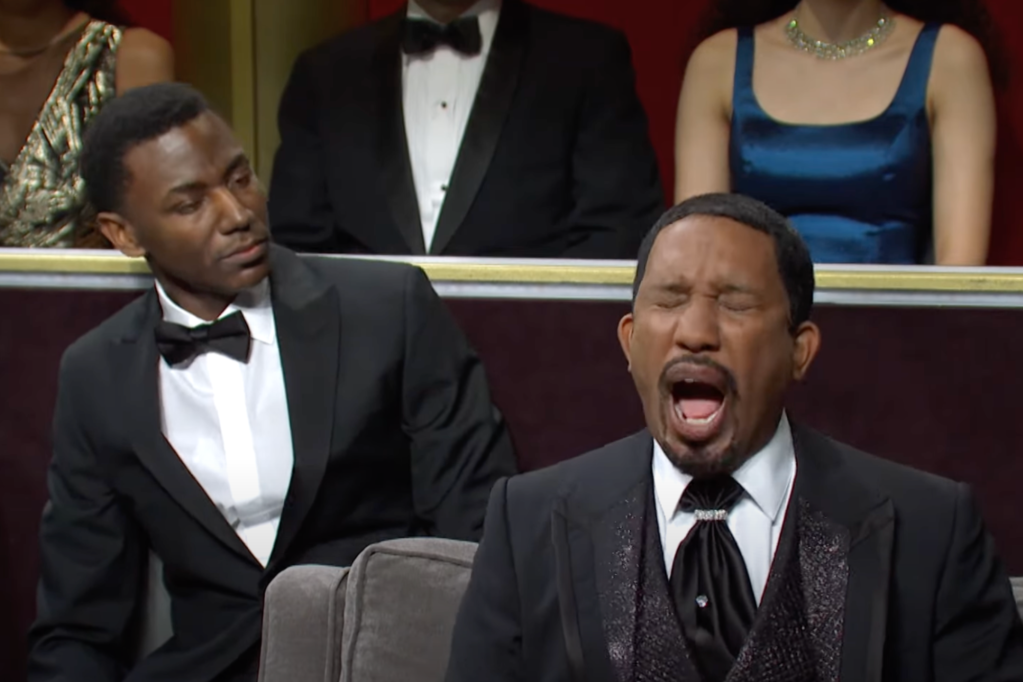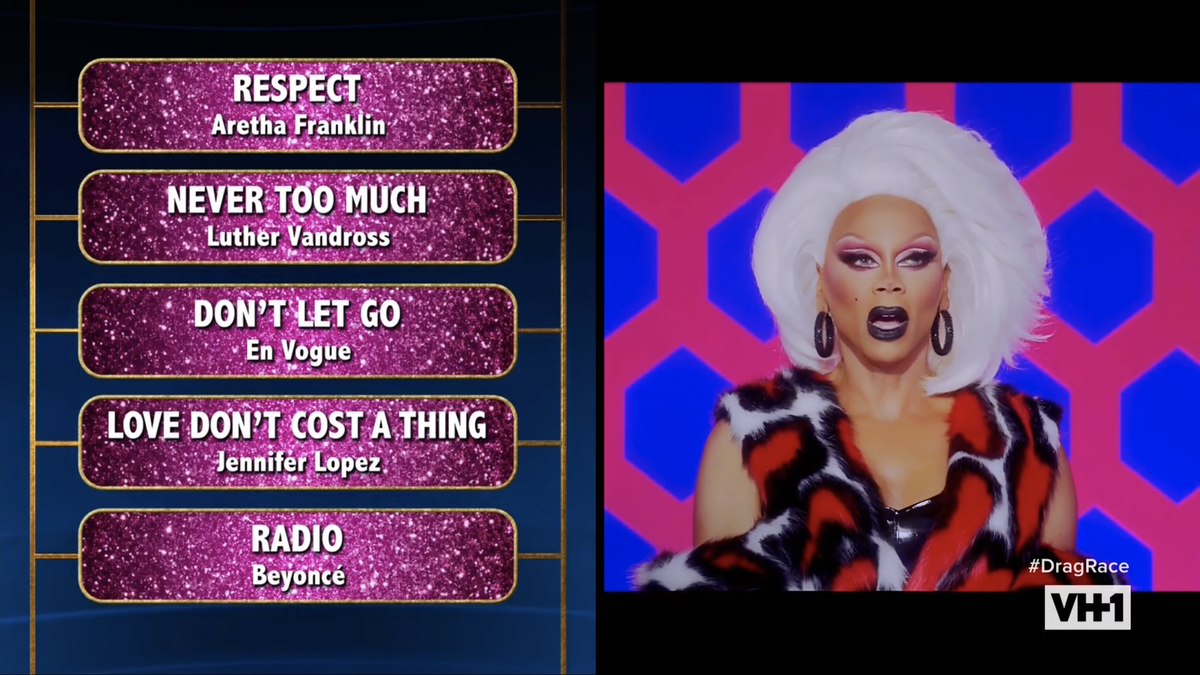
Everything Everywhere All at Once is a movie you have to meet exactly where it is. It is not a subtle film, and it demands that when you watch it, you suspend all your disbelief at the door. ace directing duo the daniels (Swiss Army Man) propel us through a furious multitude of universes, the audience is left gasping for air as we’re snapped back, again and again, to the family drama at the emotional heart of the film.
Michelle Yeoh is an unquestionable star in this film, and we meet her character, Chinese immigrant Evelyn Wang, as she attempts to navigate the American tax system in order to keep her business running and prevent her family from falling apart. In a moment of crisis, Evelyn becomes aware of the existence of the multiverse—atnd specifically the Alpha-verse, which is collectively attempting to stop the rise of Jobu Tupaki, a powerfully chaotic master of the many-many-verses whose motives are, naturally, unexplainable.
As the Alpha-verse version of her husband, Waymond Wang (played by an incredibly empathetic and wonderful Ke Huy Quan), attempts to explain the multiversal order to Evelyn, she beats his hands away and tells him that she has no time for any of this. When it’s revealed that Jobu Tupaki is the Alpha-version of Evelyn’s daughter, Joy (Stephanie Hsu, in an absolutely stunning performance), Evelyn realizes that she can’t ignore the Alpha-universe. She may not understand it, but she knows that Joy is her daughter, and that’s enough to accept everything else without explanation.
Even if Yeoh is the big name attached to this film, Quan and Hsu are not overshadowed in any scene. The movie marks an outstanding return to Hollywood for Quanwho is well known for his roles as a child in classic’80s movies such as Indiana Jones and the Temple of Doom (Short Round) and The Goonies (Data), and if he’s not cast in a dozen action films in the next five years I will riot. Also present is the legendary James Hong (Big Trouble in Little China) as Gong Gong, the patriarch of the Wang family.
After Evelyn realizes that the Alpha-version of her daughter is an interdimensional evil, she imagines that it’s Jobu Tupaki controlling her universe’s Joy Wang. When she convinces herself that Joy is more or less possessed by this other version of her daughter, the movie turns inward (and outward, and everywhere else) as a slow archeology of Evelyn and Joy’s relationship. Evelyn, as an immigrant to the United States who has had a daughter in America, wants her daughter’s life to be more than she made her own out to be. As she pins her own hopes and dreams on Joy’s future, she imagines a life that is entirely fictitious, entirely of Evelyn’s own making. When Joy comes home with a tattoo and a girlfriend, and is an emotional wreck, Evelyn simply cannot understand why it all went wrong. Clearly, this means that an interdimensional, multiversal being of exceptional power and unknown motivations has possessed her daughter. For Evelyn, this is an easier explanation than accepting that her daughter is her own person, who doesn’t owe Evelyn an explanation for the person she is now. As Evelyn accesses all the skills of all her branching lives across the multiverse, her sense of self threatens to shatter. She dives further into the deferred possibilities of her lives, lamenting the decisions she could have made, and finds her current self wanting. Eventually, she decides that she doesn’t care about her sense of self. Her daughter is more important.
G/O Media may get a commission

Up to $1,500 off
Samsung Neo QLED TV 4K (2021)
Quantum Matrix Technology
Experience this brilliantly intense picture powered by a vast array of tiny light cells using exclusive Mini LED designed technology for hyper-focused brightness and dimming in all the right areas.
When you watch Everything Everywhere All at Once, you feel the frenetic energy of inspiration. The cuts are quick, the references are blink-and-you’ll-miss-them fastthe costumes are striking. And the action scenes? Perfection. They combine the eye-popping Hong Kong kung-fu comedy of the ’70s with sex toys, and it’s like nothing I’ve ever seen before. It doesn’t hurt that the martial arts, across the board, absolutely whip, keeping you on the edge of your seat every time someone tries to start shit with Evelyn. (I want to kindly direct your attention to this fight scene from The Magnificent Butcher, which will give you a good idea of how absurdly wonderful these fight sequences are.)
And underneath this pulse-pounding feeding frenzy of science fiction concepts and winks to Chinese cinema is the story of a family fighting to stay together, an emotional arc that you feel beating out of your chest. As Evelyn both escapes and pursues her daughter through the multiverse, Joy shows Evelyn again and again who she is and who she isn’t. It’s a tour de force of nuance surrounding the immigrant experience, the struggles of first-generation American children, and the struggles of queer children who come out to their parents and desperately want them to understand who they are. Love is really what ties this entire film together. Through the furious shifts in aspect ratios, costume changes, and fight scenes, love is always what matters most.
Everything Everywhere All at Once takes place over many different universes, some of them shown on screen for only a few minutes at a time. The main three universes, though, are the timeline in which Evelyn is first introduced, where she and her husband own a struggling American laundromat under threat of repossession by Deirdre Beaubeirdra (Jamie Lee Curtis), an IRS inspector. In another, Evelyn is a Chinese movie star, supported by her doting husband, with no daughter in sight. The third universe is one where Jobu Tupaki rules as a cult leader of some kind, the entire set an all-white temple dedicated to the everything bagel—an andverything bgel literally everything on it. Earth. The idea of fear itself. Every dream ever dreamed. Sesame seeds. Salt. Everything.
In each of these universes we see a different kind of love that surrounds Evelyn like a cyclone, threatening to tear her apart. There’s a moment in the universe where Evelyn is a movie star (where she and Waymond never immigrated to America, and never have Joy), where Quan employs some of the most devastating line delivery of the entire film. For most of Everything Everywhere All at Once, Waymond is shown as a mild-mannered pushover, someone who has a hard time communicating with his much more passionate wife. But there’s one scene where Waymond explains that he is strong because he is kind, because he is gentle compared to Evelyn’s ambitions and hardened edges. He would have been happy, he says, standing in an expensive suit, looking extremely handsome and dignified, doing laundry in America, as long as it was with Evelyn.
The romance of this scene has been building up the entire film. It’s subtle, but the culmination here is magnificent. Here are two lovers struggling to connect in an alley behind a movie theater after a grand success, with rain coming down, a lit cigarette held casually in Quan‘s hand, the mood here is frankly, unmatched. This universe is specifically reminiscent of both Wong Kar-whave’s films (which Quan worked on during his step back from acting) and soapy C-dramas. As this idealized Waymond confesses his love, admiration, and even his regrets to Evelyn, who has been physically fighting against both the Alpha-verse and Jobu Tupaki for most of the film, she finally understands that Waymond isn’t weak, he’s kind, and the difference between the two is so often presumed to be razor thin that Evelyn herself has tipped over the edge into imagining her husband to be less than he is. After this stunning scene, Evelyn is finally able to accept that it’s not her ability to tap into the skills of her other, branching lives that make her powerful, but her capacity to love, even when that love is beyond her understanding.
Everything Everywhere All at Once is a metaphor about the ways in which we fracture ourselves to be lovable. The ways in which we only show parts of ourselves to our families, our friends, our partners. When Evelyn accepts that Joy is every part of herself, all the time, she finally realizes that so is she. Evelyn not only accepts Joy, but allows her to be her own person, without explanations, without understanding, but with kindness and love. This film is also a gale-force science fiction movie, and that family drama stands fast in the eye of the storm. As the multiverses cyclone around Evelyn, Joy, Waymond, and even Gong Gong, the film delivers emotional dialogue like fly-by debris, catching you unaware with both the absurdity and simplicity found in moments of reflection. As everything collides in on itself, the standout performances across the board keep you holding onto the Wang family, hoping that somehow Evelyn can bring them all back together.
In the end, Everything Everywhere All at Once doesn’t ask you to understand it. Not really. There are so many questions left unanswered, so many specifics that are ignored for the sake of the broad-strokes momentum of the plot. All you really have to know is that Evelyn loves her family, and will do anything, at any time, to hold onto that love.
Wondering where our RSS feed went? You can pick the new up one here.
.






















































































































0